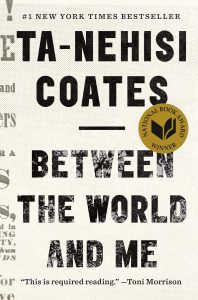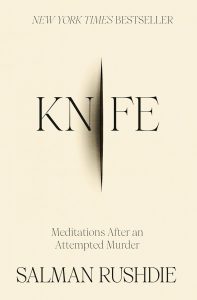This is a short observation about reading vs. listening:
When I first read “Between the World and Me” three years ago (a bit late to the game), its unblinking directness astounded me and my truculent ignorance ashamed me. I wrote:

“There are sounds in life so distinct and universal they cannot be mistaken for anything else – the tumble and hiss of heavy surf onto sand, the guttural reverb of distant thunder, the ominous hustle of night winds through tall trees.
“To these voices of the world I would add that of Ta-Nehisi Coates, who speaks through the pages of this epistolary essay about blackness and whiteness in America with such honesty and authenticity that from now on I will measure the veracity of all other literary voices against his.”
Just the other day, I listened to Coates’s narration of the book and found it to be even more profound. His voice, eloquent, educated, but still inflected by the streets of West Baltimore, amplifies the wisdom, truth and necessity of his written words. Heard aloud, their poetry flourishes even further, as does their urgency.
If you have not read Between the World and Me, I urge you to do so. If you have read it, I suggest you also listen to it.

